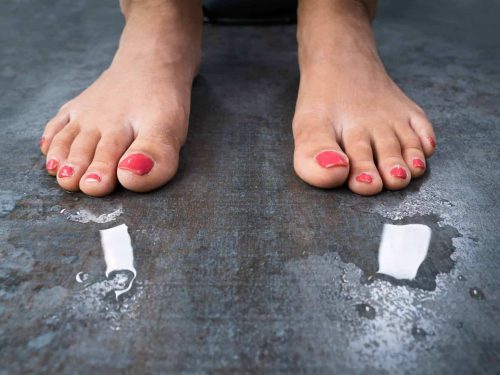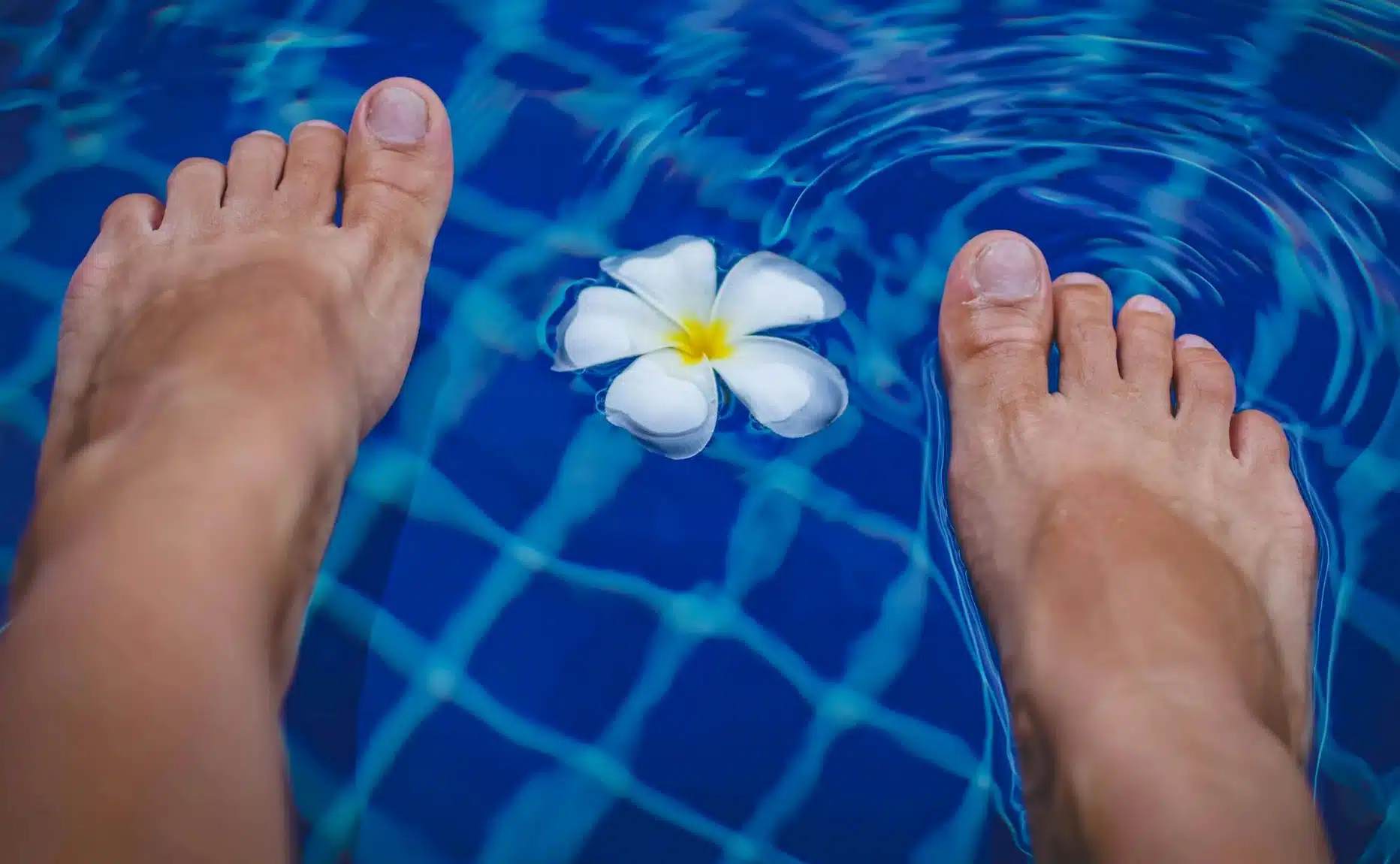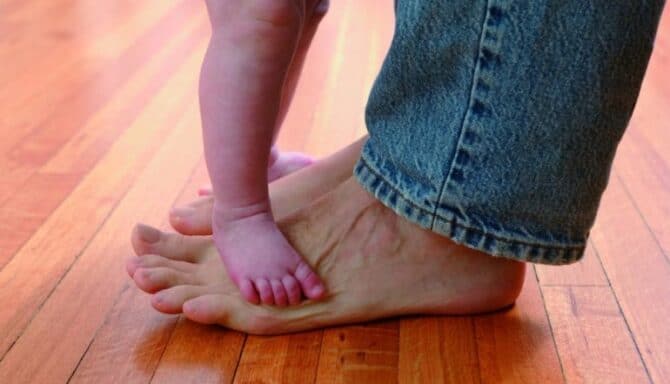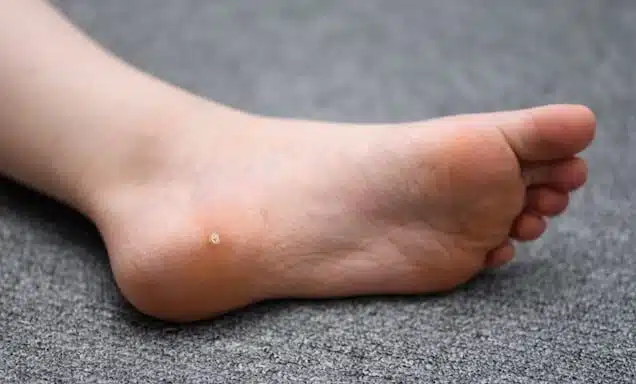Smelly feet (Bromodosis) are annoying and downright embarrassing!
It makes you self-conscious and anxious about having to take off your shoes in front of other people, sometimes even your loved ones.
Continue reading if you want to find out more about what causes stinky feet and what you can do to treat and prevent it for good.
The Causes Of Smelly Feet?

- The most common cause of smelly feet is sweat. Sweat builds up on your skin and seeps into your shoes. This, a food supply (your skin) and the dark environment is a great area for fungus and bacteria to thrive. This bacterial growth gives off the odour.
- WebMD states that: “while anyone can get stinky feet, it’s estimated that 10% to 15% of all people have feet that are smellier than average. These people host a certain bacteria on their feet called Kyetococcus sedentarius that create sulfuric compounds. These compounds can cause sweat to smell like rotten eggs”
- Fungus. Generally if you have toenail fungus and Athletes foot it can give off an odour as the fungus can be within the footwear
- Poor footwear. If your footwear has been broken down or you are using old footwear it can harbour more bacteria and fungus
- Poor hygiene. Unfortunately if your feet haven’t been maintained then they can cause odour over time
- Sores. Sometimes if you have a sore on your foot, the discharge leakage can cause an odour
As you can see smelly feet are most often caused by excessive sweating. This can be due to standing on your feet for an extensive period of time, hormonal changes, stress, and sometimes a common disorder called hyperhidrosis.
Treating Smelly Feet

So, then how can we treat and prevent smelly feet?
The answer is in controlling moisture and bacteria overgrowth. Prevention is the best cure and preventative technique that you can do.
- Contact a foot health professional and see what the cause is. If it is a sore, athletes foot or toenail fungus then they can help with more specific and targeted treatment methods for you
- Salt water bathe your feet for 10 minutes and pad dry. The salt will gently dry out the skin
- Some patients have found using antibacterial soap helpful and more targeted. Be sure to pad your feet dry after use (don’t forget between the toes!)
- Where safe, walk around your home barefooted to allow your feet to “air dry”. This is especially important after bathing
- If you are wearing the same shoes then allow them to dry between uses. Some people buy another pair of shoes and alternate between wearing them.
- Changing of the insole. Some shoes- especially running shoes, allow you to remove the insole. If this has seen better day then replace it. Insoles with a deodorizing, antifungal, antibacterial, and absorbent effect are also available at Feet First Clinic and may be beneficial to help control growth of unwanted micro-organisms as well as control odour
- If possible you can machine wash some running shoes, but check the label to see if you can do this
- Wear a clean and dry pair of socks each day. Consider even carrying an extra pair of socks with you if you know your feet will sweat more that day. Simply wearing socks with your closed-toe shoes can also reduce sweating. Choose materials with moisture-wicking properties such as cotton or merino wool.
- Use deodorants or antiperspirants on the foot, like Gehwol Foot & Shoe Deodorant Spray. These have been found to be helpful in reducing sweating
- Sometimes Doctors can prescribe medication to reduce sweating. In some very bad cases Botox or surgery has been used to reduce sweating








